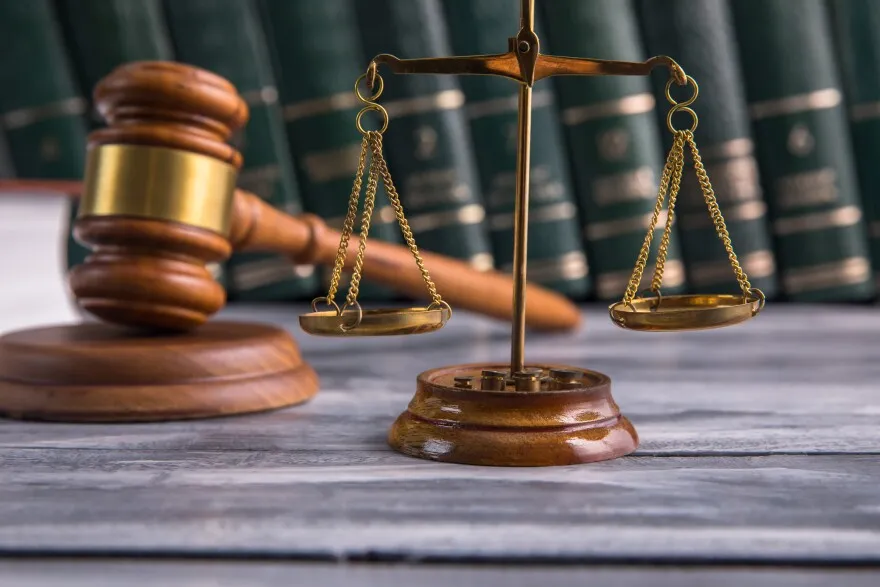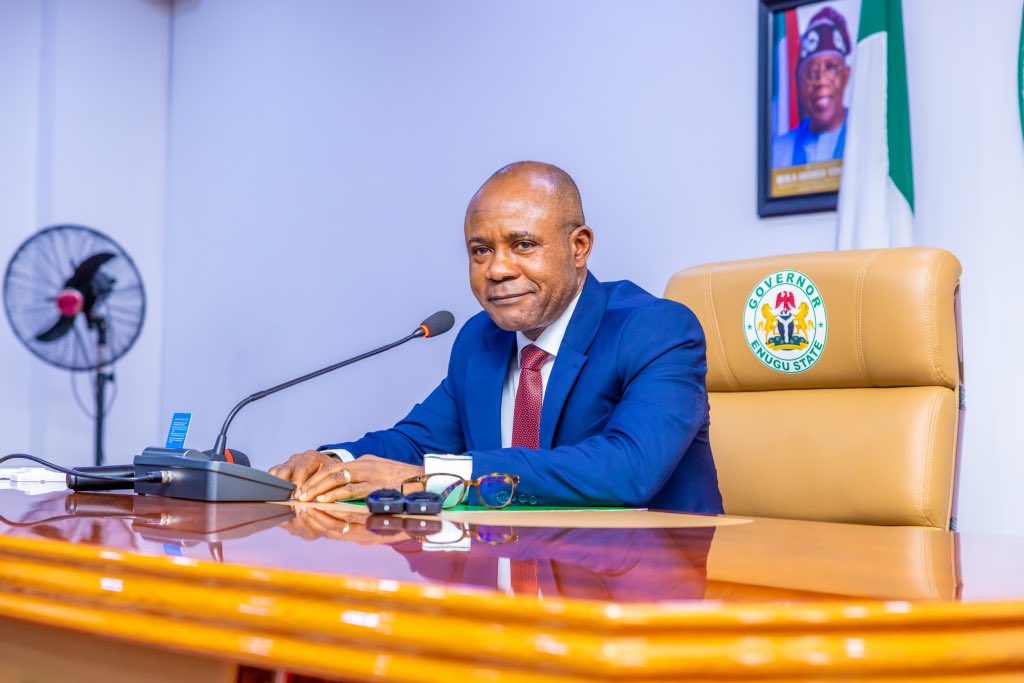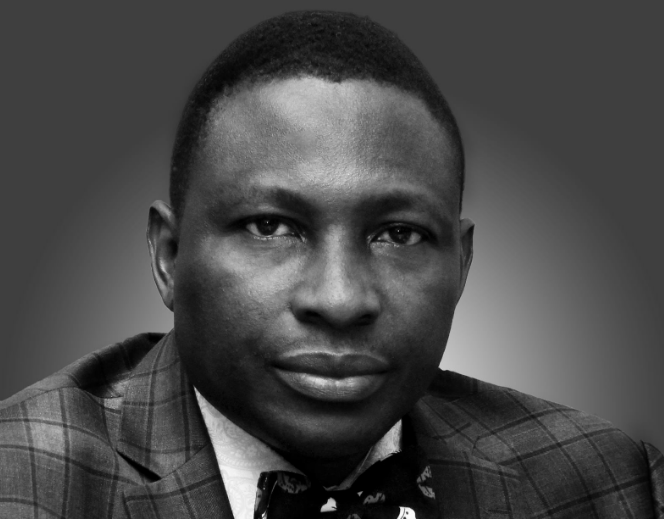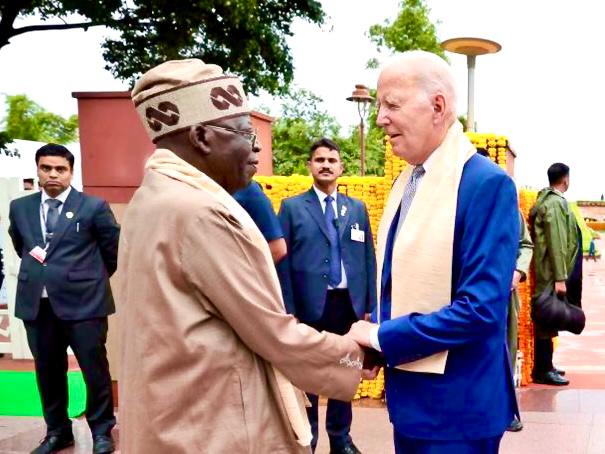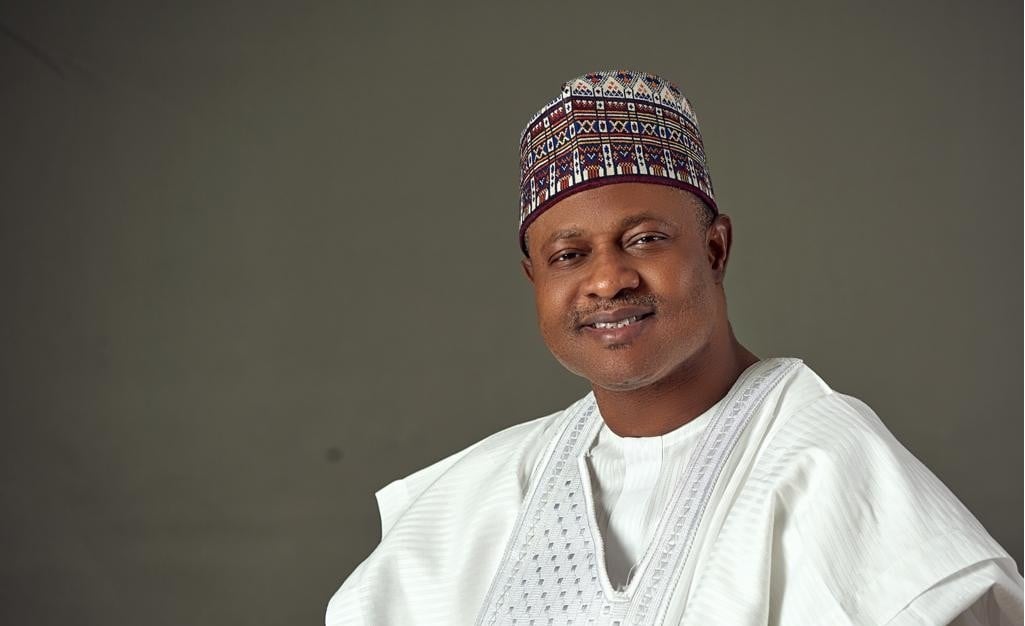BY FIDELIS M. TANKO
Since the election petition tribunals and the courts of appeal across the country began to pass their verdicts on the various petitions, a cacophony of voices has continued to dominate the public space in the propriety or otherwise of the roles of the judiciary.
This analysis is not a treatise about the role of the judiciary in our constitutional democracy, it is merely to highlight the fact that the judiciary is part of the electoral process. Unfortunately, some public commentators and members of the general public tend to give the naive impression that the judiciary is putting democracy in danger. These are largely subjective assumptions!
Of late, I have been particularly miffed by the welter of negative public opinions on the mandate of the judiciary. There have been a series of derogatory retorts in certain circles on the judiciary such as “judicial robbery”, “judicial rascality”, “stolen mandate”, “kangaroo courts”, and “judiciocracy”, etc — some of these even come from lawyers who are learned and trained in the law. In some quarters, the judiciary has received eulogies with affectionate sobriquets like “last hope of the common man”, “the hallowed temple of Justice”, “beacon of democracy”, and so on and so forth.
Advertisement
The Plateau governorship petition and the question of substantial justice
The hullabaloo trailing the verdict of the court of appeal on the Plateau state governorship petition has continued to attract public comments. Though I am a layman, I would join the fray in giving my perspective on the judgment.
Election is a process and defect in any of the processes, renders the outcome of the secondary election, a nullity no matter how well conducted it might otherwise be regarded.
Advertisement
The process inter alia, includes registration of political parties, congresses to elect executives for the party at all levels, conduct of primary elections and qualification of both the political party to sponsor candidates and that of the candidates to contest an election. Law regulates all these processes and must be adhered to, stricto senso. The court is the last part of the electoral process.
The duty of judges on the Election Tribunals is to determine whether an election was done in substantial compliance with the provisions of the Electoral Act. The question is, was substantial justice done by the Court of Appeal in the Plateau State Governorship Petition? I would, from my layman’s reading of the judgment, answer in the affirmative.
In the case of Dr. Nentawe Yilwatda Goshwe v. Barr. Caleb Mutfwang (2023) several issues were formulated for determination by counsel on both sides. While ground one of the petitioner’s claims centred on sponsorship and qualification. It has argued the non-qualification of the PDP candidate on the ground that he was not validly not sponsored by his Party, the PDP’s counter-claims hinged on the issue of jurisdiction, with the argument that the APC’s Petition is a pre-election matter, hence it cannot be heard.
A 3-member panel of learned jurists, chaired by E.O. Williams-Dawodu, JCA comprising O. Abang, JCA and Waziri, JCA sat on the appeal. After meticulous findings, they passed a resounding verdict, annulling the election of Governor Caleb Mutfwang on grounds of non-qualification and invalid sponsorship.
Advertisement
From my understanding of the position of the law on the issue of the qualification of a candidate, section 134(3) of the Electoral Act 2022 has obviously settled the matter. It provides that a person is deemed qualified for an elective office and his election cannot be questioned on grounds of non-qualification if, concerning the particular election in question, he meets the applicable requirements of sections 65, 100, 131 and 177 of the constitution. The implication here is that where a petitioner satisfactorily proves before the tribunal that the winner of the election is not qualified to contest the election, therefore, the candidate who came second will have to be declared winner of the election.
On the question of jurisdiction on account of the petition being a pre-election matter as argued by the PDP, the Court of Appeal overruled the respondents and held that the issue of sponsorship and qualification is both a pre-election and post-election matter. Reference was made to the court of appeal’s decision in Alkalii v. Agah (2022) and other judicial authorities. The court of appeal would always maintain consistency and cannot be seen to be overruling itself, except in exceptional cases.
Some critics of the recent court of appeal’s judgment on the Plateau state governorship petition tend to argue that disobedience to the court order is not one of the grounds for disqualification as provided for in section 177 of the constitution. This is not so. The court of appeal duly applied the law, simpliciter. Section 177(c) provides that “a person shall be qualified for election to the office of Governor of a State if he is a member of a political party and is sponsored by that political party”.
In the instant case, the court held that the judgment of the Plateau state high court which the PDP disobeyed is judgment in rem hence as a result of the refusal to comply with the order to conduct proper congresses the PDP does not exist in the eyes of the law. The court held that”disobedience to court orders is not an internal affair of the party. The judgment was in rem and compliance must be total and not partial. The effect of non-compliance is like an earthquake. Parties must obey the rule of law and not the rule of might”.
Advertisement
The Appeal Court thus adopted the legal principle in Macfoy v. UAC (1961) All ER 1169 where Lord Denning held that “You cannot put something on nothing, and expect it to stand there; it will collapse” in deciding that because the PDP lacks a valid structure, any candidate that stands on its platform, is not qualified to contest”. This is a case law that would further enrich the contents of the Constitution and the Electoral Act which are part of our electoral jurisprudence.
Recall that the PDP having been dissatisfied with the outcome of the decision of the Tribunal, appealed to the Court of Appeal and the Court of Appeal among other things held in pages 47-48 of the Judgement as follows:
Advertisement
“From the record, it is evident that the appellant started its electoral process on faulty ground by allowing the disbanded leadership to carry on the business of the party. (See Exhibit 1 on page 160 of the Record). By this conduct, there was no legal foundation upon which the electoral process would stand. In other words, the whole electoral exercise being conducted by the appellant was null in view of the judgement of the High Court in suit No PLD /J304/2020. The respondent was right to have declined this invitation to observe the Appellant’s electoral process. In addition, the Appellant failed to apply the relevant provisions of sections 223(1) a of the constitution, 85(3) of the Electoral Act, 2010 (as amended), Article 49(1) of the PDP constitution and paragraphs 5.2-5.5 of the Guidelines for the conduct of ward, local Government area, state, zonal congresses and the national convention of the PDP. Rather, it resorted to the use of section 29(2) of its constitution which was not contemplated by Relief 4 granted in Exhibit H. It goes without saying that the Appellant was in disobedience to the order of the High Court in exhibit ‘’H’’ which was/ is subsisting at the time of the action by the Appellant at the lower court. It is trite that orders of courts are meant to be obeyed… in this issue, I am of the firm view that the Appellant was the architect of its own misfortune. It cannot be heard to complain by way of this appeal. This appeal therefore lacks merit and same is hereby dismissed.”
This is not the first time that a governor has been removed by the tribunal. It happened in Edo, Rivers, Bayelsa, Zamfara and Imo states at various times. As it stands now, Governor Caleb Mutfwang would be appealing to the Supreme Court. It is a fact that for the apex court, the most important consideration is the interest of justice, and indeed, justice would be served. The judicial opinion of the Supreme Court shall be final whether correct or not, and no further force will undo it.
Advertisement
Without prejudicing the decision of the apex court, Plateau state may be heading for an off-cycle election alongside a few other states. This is not an aberration but rather a fallout of a flawed electoral process being corrected by the courts and tribunals.
To say that the judiciary is part of the electoral process is an understatement. It started in 1979 till date What some commentators often refer to as judicial interference in the electoral process is not a disruption but a necessary intervention for the health and sanctity of our democracy.
Advertisement
Given the foregoing, the exemption of election procedures and conducts by the electoral umpire from judicial scrutiny would amount to subversion of democratic norms.
Rather than try to blackmail the Judiciary, it is important to note as I stated earlier, that an election is a process and a defect in any of the processes, renders the outcome of the secondary election, a nullity no matter how well conducted it might otherwise be regarded.
Tanko is a public commentator and writes from Buruku in Plateau state.
Views expressed by contributors are strictly personal and not of TheCable.
Add a comment
